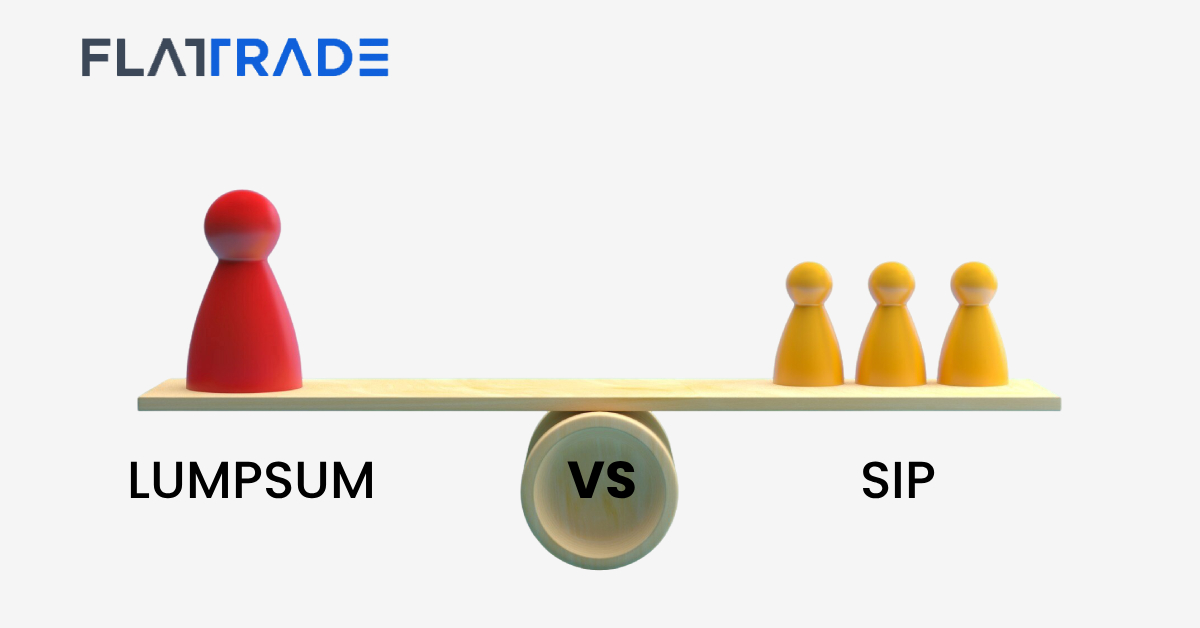We often invest in mutual funds but most people take it out for other expenses when there is a necessity. Choosing the right mutual fund combo will eliminate most of this problem. Mutual funds are an effective way to build a long-lasting wealth, ameliorating money with market movements and with correct risk appetite. To understand how best to invest in Mutual funds, we need to understand the best possible constraints such as financial goals, expense limitations, risk aversion, timeline and historical analysis.
Financial objectives:
The most important step is to define your financial objectives clearly such as below,
- Are you investing for a short-term need like an emergency fund or a vacation in one to three years?
- Or for a medium-term expense like a car or house down payment in three to five years? Maybe your goal is in the distant future, such as your child’s education or retirement, that’s five or more years away. Your horizon has a big impact on what kind of fund you need to pick.

Risk factor:
You always have to consider the amount of risk you are willing to take. Debt mutual funds are one way of conservative approach and someone with low-risk option could always choose that.
If you are okay with fluctuations in the value of the investment and have a medium- or long-term perspective, hybrid or balanced funds could be for you. The aggressive and long-term investors can opt for equity mutual funds, which have relatively higher returns but with greater risk.
Determining the term:
Once you know your goals and risk profile, you can list the type of funds that fit your profile. For example – If you want to go for a vacation in 2025, save up for an occasion within 6-8 months, short- or medium-term mutual funds is the best option. But if you want to invest in your kid’s education, retirement plans or save up for wedding, plan for building a home – these all take up significant savings and need long term mutual fund investment.
Past performance analysis:
Analysis of the past performance of the fund is also important. Don’t focus on one-year performance; review the fund’s three- and five-year record and compare it to its benchmark and its category average. A steady performer across various market cycles is a safer choice than one that experienced a good year based on good fortune. It’s also best to review the record of the fund manager. And if the same manager has guided the fund to good returns over the years, it assures stability and sound management.
Taxation:
Taxation is unavoidable while investing. Long term capital gains from equity mutual funds are taxed at 10% for above Rs. 1 lakh gains. Debt mutual funds are taxed as per the new regime’s income tax slab. Understanding of the taxation procedures will further make your investments plan clear.
Systematic Investment Plan:
For the new beginners, Systematic Investment Plan poses as the best option as it allows the investors to follow a systematic approach where one has to invest regularly.
At Flattrade, now you can start investing in Mutual funds with Zero commission!
Start your wealth creation journey now by signing up from below link!










